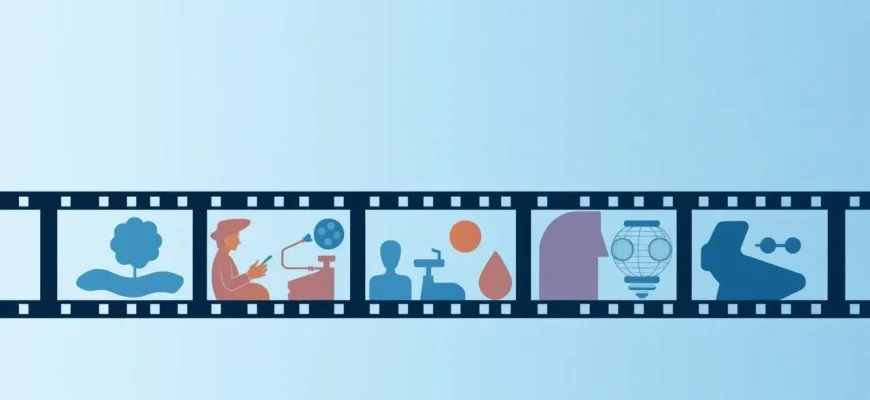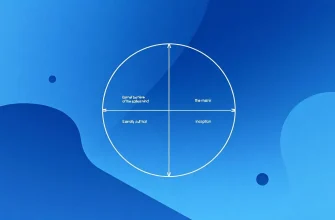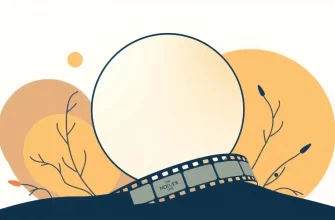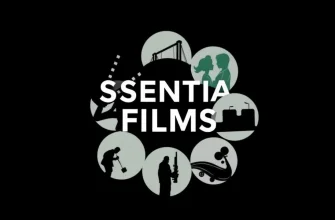Philosophy has always been a cornerstone of human inquiry, exploring the essence of existence, morality, and the nature of reality. This curated list of the best philosophical films invites viewers into a realm where cinema meets profound thought, challenging perceptions and sparking introspection. These films not only entertain but also provoke deep contemplation, making them invaluable for anyone seeking to expand their understanding of life's complex tapestry.
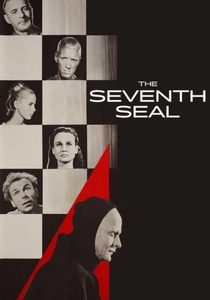
The Seventh Seal (1957)
Description: Ingmar Bergman's film is a meditation on death, faith, and the silence of God, as a knight plays chess with Death to delay his fate.
Fact: The film's iconic chess scene has become a cultural symbol of the struggle between life and death.
 Watch Now
Watch Now
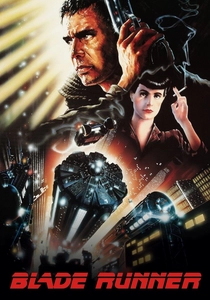
Blade Runner (1982)
Description: It explores themes of identity, humanity, and what it means to be alive, through the lens of artificial intelligence and replicants.
Fact: The film's director, Ridley Scott, was influenced by Philip K. Dick's novel "Do Androids Dream of Electric Sheep?"
 Watch Now
Watch Now
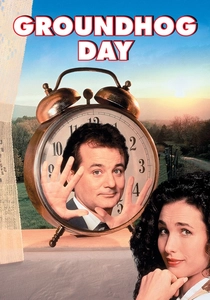
Groundhog Day (1993)
Description: A comedic yet profound exploration of existentialism, free will, and personal growth, as the protagonist relives the same day repeatedly.
Fact: The film was initially conceived as a darker, more serious drama.
 Watch Now
Watch Now

The Matrix (1999)
Description: This film delves into the nature of reality, questioning whether our perceived world is real or a simulated construct, a classic philosophical conundrum.
Fact: The film's concept was inspired by Plato's Allegory of the Cave, and its special effects revolutionized the industry.
 Watch Now
Watch Now
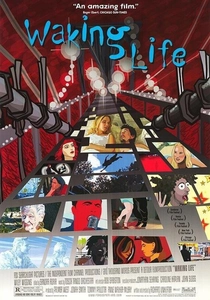
Waking Life (2001)
Description: This animated film explores the nature of reality, consciousness, and existentialism through a series of philosophical discussions.
Fact: The film was shot using a technique called rotoscoping, where live-action footage is traced over to create animation.
 Watch Now
Watch Now

Synecdoche, New York (2008)
Description: Charlie Kaufman's film is an intricate exploration of art, life, and the human condition, blurring the lines between reality and fiction.
Fact: The film's title refers to a figure of speech where a part represents the whole, mirroring the film's themes.
 Watch Now
Watch Now
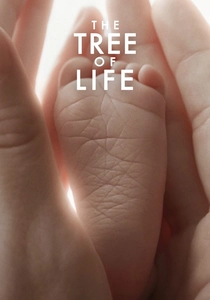
The Tree of Life (2011)
Description: Terrence Malick's masterpiece contemplates the meaning of life, the existence of God, and the nature of the universe through a deeply personal narrative.
Fact: The film includes scenes from the universe's creation, using real footage from NASA.
 Watch Now
Watch Now
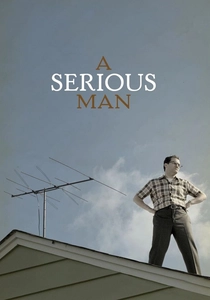
A Serious Man (2009)
Description: The Coen Brothers' take on the Book of Job, examining faith, suffering, and the search for meaning in a seemingly indifferent universe.
Fact: The film's setting in the 1960s reflects the cultural and philosophical turmoil of the era.
 Watch Now
Watch Now
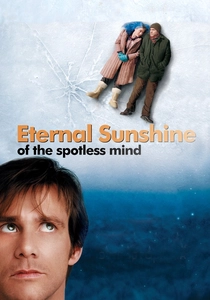
Eternal Sunshine of the Spotless Mind (2004)
Description: This film raises questions about memory, identity, and the ethics of erasing painful experiences, exploring the philosophical implications of love and loss.
Fact: The title is derived from a poem by Alexander Pope, reflecting the film's theme of memory and oblivion.
 30 Days Free
30 Days Free
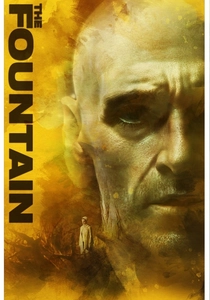
The Fountain (2006)
Description: Darren Aronofsky's film intertwines three stories across different eras, exploring themes of love, mortality, and the quest for eternal life.
Fact: The film was initially conceived as a much larger, more complex project, but was scaled back due to budget constraints.
 30 Days Free
30 Days Free

